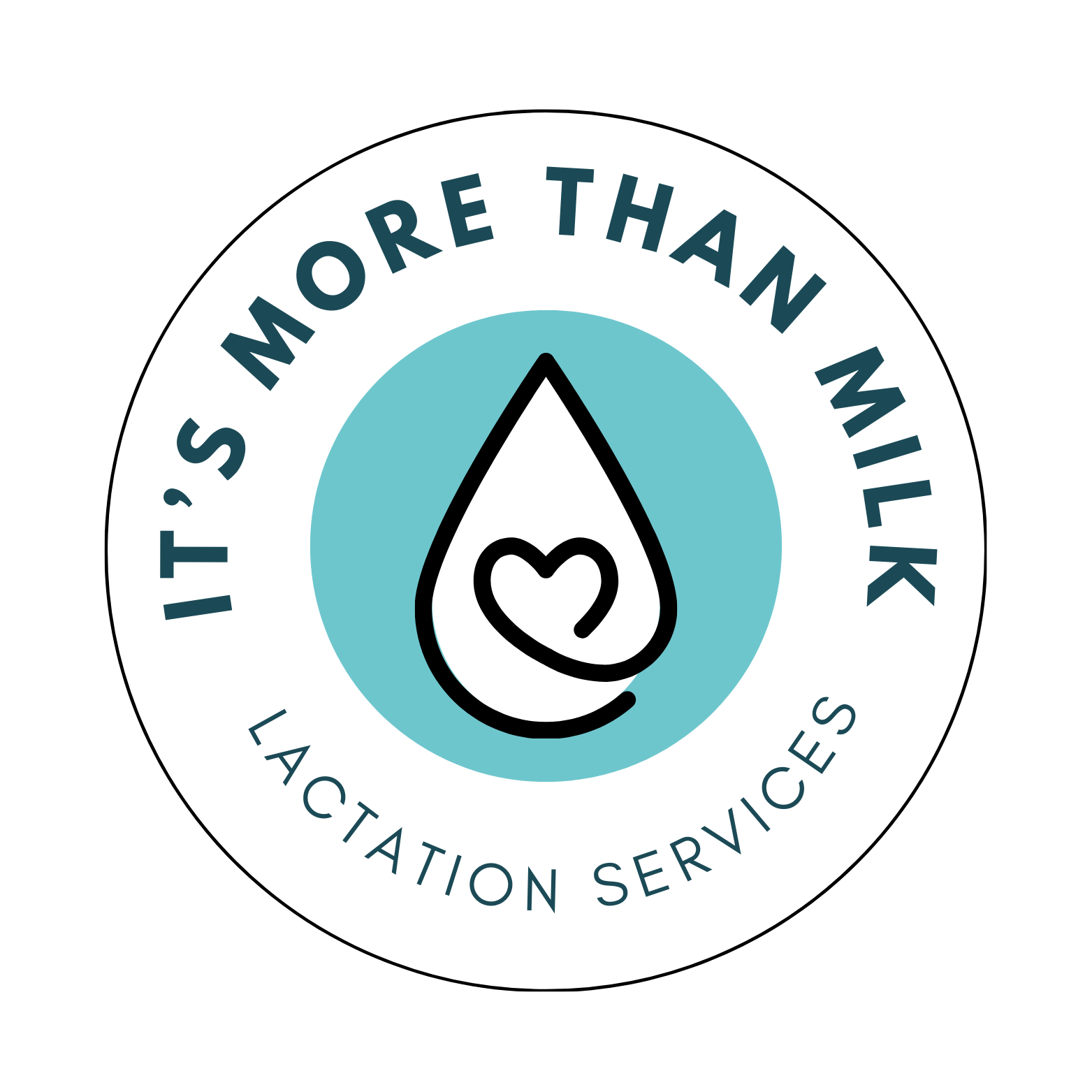Five Frequently Asked Questions About Lactation
Prior to having my first child, I vividly remember thinking, “how hard can breastfeeding be? Baby goes on the breast, and that’s it. It’s very natural!” Oh naive, sweet, inexperienced me - how I wish it had been that simple! My first experience with lactation was a tough one: a late preterm baby, low milk supply, and significant weight loss made for a perfect storm. There were lots of tears initially, but eventually there was also a more breastmilk.
My own difficult journey led to learning more about lactation, a passion for supporting families and lactation advocacy, and eventually a career switch to becoming an IBCLC (International Board Certified Lactation Consultant). Here are my top questions I get from expectant parents on lactation, breast/chest feeding, and pumping.
1. How can I prepare to make milk for my baby?
Despite many old wives tales, you don’t have to “toughen up” your nipples with a rough washcloth – OUCH! The best way to prepare for baby is to learn what to expect. Take a prenatal lactation class, attend a lactation support group meeting, and get the contact info of some great lactation consultants in your area. It can also be helpful to reach out to your insurance company ahead of time and find out what they cover for lactation support, including getting a pump!
2. Should breastfeeding hurt?
This is a question that will get you many different answers depending on who you speak with. The short answer is no, breastfeeding should not hurt. That being said, it’s possible that there will be an adjustment period where your breasts and nipples feel tender or more sensitive. This is very common for new parents to experience. Many parents report feeling a little bit uncomfortable for the first few seconds after baby's initial latch, but that fades very quickly. However, you do not want to be in toe curling pain during the entire feed! Changes in nipple color, nipple shape, and cracks or scabs are signs that you need some professional assistance.
3. How do I know my baby is getting enough?
The best way to gauge baby’s input is through their output, especially in the early days of life. A newborn should have one wet and one soiled diaper per day of life – 3 wet diapers and 3 soiled (poop) diapers on day 3, 4 wet diapers and 4 soiled diapers on day 4, and so on. This maxes out at about a week, where a baby will have 6-7 wet diapers and 4-5 soiled diapers in a 24-hour period. You will likely be visiting with your pediatrician a few times during the first few weeks of life. If there are any concerns about intake or weight loss, contact an IBCLC or other lactation support person to assess a feed.
4. When should I introduce a bottle?
The best time to introduce a bottle to baby is between three and six weeks. By this point, breast/chest feeding should be well established and it would be a great time to have your partner offer baby a bottle of your expressed milk. Look for bottles that that have a nipple that gradually goes from the wide base to a more narrow nipple - think pyramid shaped. As the milk making parent, it can be difficult to get baby to take a bottle from you; this is a great time to get your partner or family involved with feeding. Feeling overwhelmed about bottle options or when to pump? I can help with bottle feeding, too!
5. When do I call for support?
There are a number of reasons to contact an IBCLC: concerns about baby’s intake, weight loss or slow weight gain, questions on milk supply, sore or cracked nipples, preparing to go back to work, distracted feeding, you get the idea. Many parents also seek support from a IBCLC to make sure that things are going well. Since the Affordable Care Act went into effect, most insurance plans have to cover lactation support, including a new breast pump with each pregnancy. Be sure to reach out to your insurance company before baby is born to see what is covered. If your lactation consultant is not in-network with your provider, they may be able to provide you with a super bill to submit for reimbursement.

